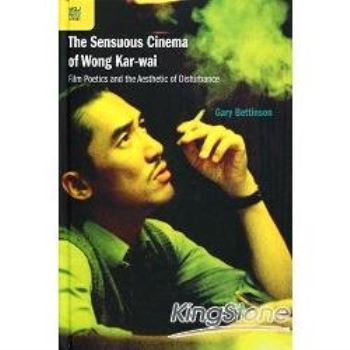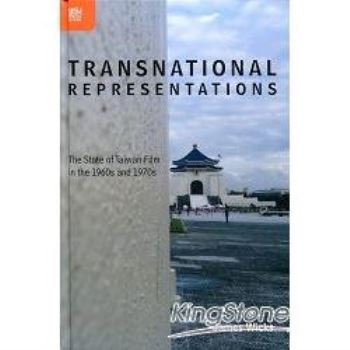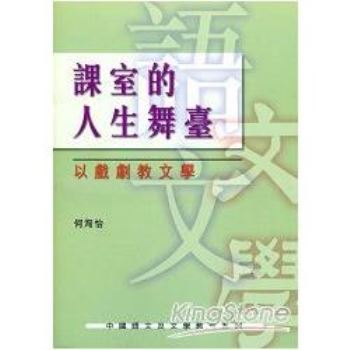-
排序
- 圖片
- 條列
【電子書】The Sensuous Cinema of Wong Kar–wai:Film Poetics and the Aesthetic of Disturbance
The widely acclaimed films of Wong Kar-wai are characterized by their sumptuous yet complex visual and sonic style. This study of Wong's filmmaking techniques uses a poetics approach to examine how form, music, narration, characterization, genre, and other artistic elements work together to produce certain effects on audiences. Bettinson argues that Wong's films are permeated by an aesthetic of sensuousness and "disturbance" achieved through techniques such as narrative interruptions, facial masking, opaque cuts, and other complex strategies. The effect is to jolt the viewer out of complete aesthetic absorption. Each of the chapters focuses on a single aspect of Wong's filmmaking. The book also discusses Wong's influence on other filmmakers in Hong Kong and around the world. The Sensuous Cinema of Wong Kar-wai will appeal to all who are interested in authorship and aesthetics in film studies, to scholars in Asian studies, media and cultural studies, and to anyone with an interest in Hong Kong cinema in general, and Wong's films in particular.
【電子書】Transnational Representations:The State of Taiwan Film in the 1960s and 1970s
Transnational Representations focuses on a neglected period in Taiwan film scholarship: the golden age of the 1960s and 1970s, which saw innovations in plot, theme and genre as directors highlighted the complexities of Taiwan's position in the world. Combining a concise overview of Taiwan film history with analysis of representative Taiwan films, the book reveals the internal and external struggles Taiwan experienced in its search for global identity. This cross-disciplinary study adopts a transnational approach which presents Taiwan's film industry as one that is intertwined with that of mainland China, challenging previous accounts that present the two industries as parallel yet separate. The book also offers productive comparisons between Taiwan films and contemporary films elsewhere representing the politics of migration, and between the antecedents of new cinema movements and Taiwan New Cinema of the 1980s.
【電子書】課室的人生舞臺:以戲劇教文學
戲劇教學不單是演戲,還有更豐富的意義。《課室的人生舞臺:以戲劇教文學》是以文學課為重點,指出戲劇教學的好處,如學生可在代入的過程中真切感受角色的情懷,思考人物的處境及生命抉擇,提升欣賞文學語言、風格等的藝術美,並透過編寫自己的作品,發揮創意。這就是潛移默化的情感、思考、美學教育;學生在自我探索和小組合作中對人生有更深刻的體會。 教與學要得其法才能獲得最大成效。本書闡述如何把獨白劇、提問角色、朗讀劇場、作者多重聲音、座談會的戲劇教學理論和技巧融入文學課堂;推而廣之,這些方法甚至可適用於其他人文和社會學科。在活潑的戲劇教室,學生演繹形形色色小人物、風雲將相、古今文學家,臺上臺下經歷悲喜共鳴與學問交流。本書劇本舉例詳盡,實在是有志戲劇教學者不可或缺的參考書。





